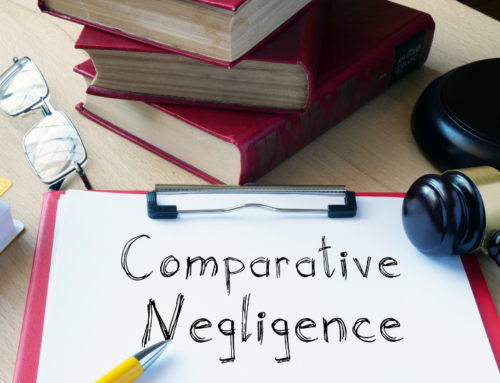When the average person thinks of a lawsuit, generally, what come to mind is something akin to the television show Law & Order, or if you’re a fan of the classics, Perry Mason. The prosecutor is levying allegations against an individual and through the attorney’s mental acuity and tenacity the accused breaks down on the stand and the story wraps up neatly in an hour. The actual legal process is something much different. It is slow, cumbersome, and laborious. The average lifespan of a criminal case can easily be a year, and the life of a civil trial is often a year and a half or more. For the point of our discussion, we will be focusing on ‘what is a civil trial?’
First, the distinction between a civil and criminal case. A criminal case involves the state prosecution of a defendant for conduct which violates an ordinance, code, or statute. The penalty for a conviction in criminal court can range from imprisonment, monetary fines, restitution, restraining orders, probation, or some combination thereof. A civil lawsuit on the other hand, is where an individual or entity brings an action against another person or entity for monetary or equitable relief. A civil cause of action can be as varied as personal injury in a vehicle or motorcycle accident, an unlawful detainer action, injunctive relief against a harassing or vexing neighbor or business, a construction defect case against a general contractor or subcontractor, and the list goes on and on. Generally speaking, civil lawsuits involve monetary damages for personal injury or property damage and criminal actions concern the liberty of the defendant.
Now let’s focus on what is a civil lawsuit. There are three kinds of civil lawsuits in California. First, is a special kind of limited jurisdiction case called a small claims action. A small claims case is where the claim is valued in the amount of $10,000 or less for individuals, or $5,000 or less for businesses (excluding sole proprietorships). The benefit of a small claim’s lawsuit is that they are an economic way to recover against a tortfeasor without the burden and expense of extensive discovery or the need to retain counsel. Brining a small claims action may be preferable when you have a known or ascertainable amount of damages, such as an item of property damage like a laptop or personal vehicle which is worth $10,000 or less. The second kind of civil lawsuit in California is a limited jurisdiction case. A limited civil case is for a lawsuit is worth more than $10,000 but less than $25,000. A limited civil case is just that, limited. There are limits on everything from the amount of written discovery that may be propounded, the number of depositions that may be taken, and a slew of other things as well. A limited civil case allows for the parties to engage in a meaningful, but economic, amount of discovery without overshadowing the total value of the plaintiff’s claim or gamesmanship. Lastly, unlimited civil litigation is any case that exceeds the lawsuit amount of $25,000. An unlimited civil litigation lawsuit generally involves personal injury, property damage, property disputes, breach of contract, or actions requesting equitable relief.
Navigating your legal rights is a complex, and often confusing, experience for most people. There are numerous procedural and technical pitfalls that ensnare even the most studious of individuals. These difficulties are only compounded following an injury, or even worse the loss of a loved one. If you have any questions, or would like a free consultation, please contact us at info@fgnglaw.com.




